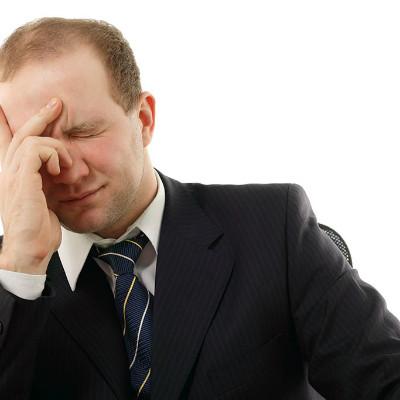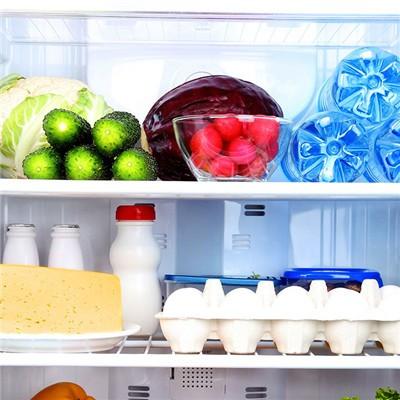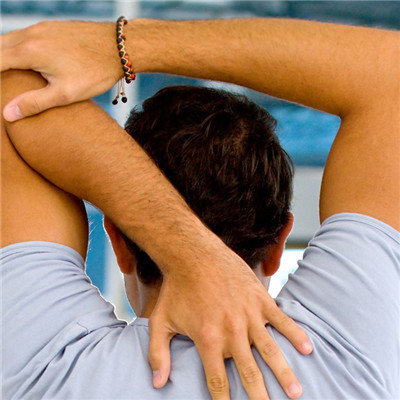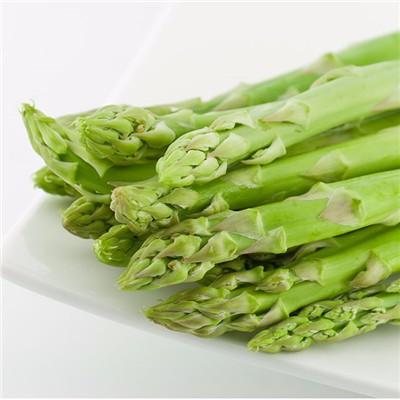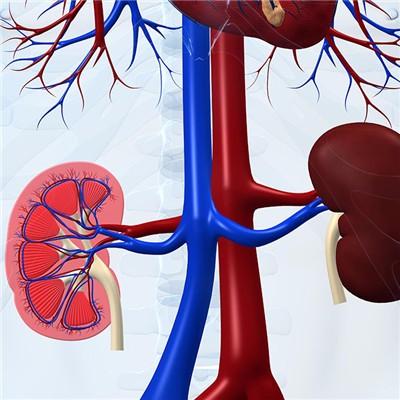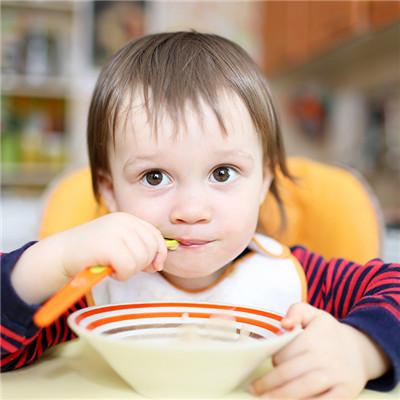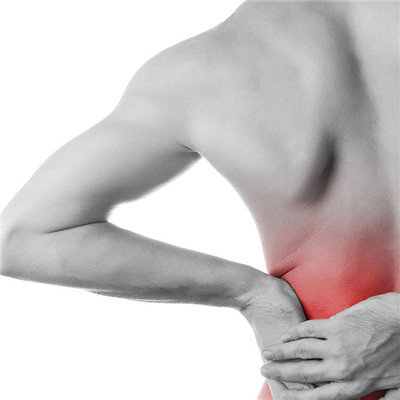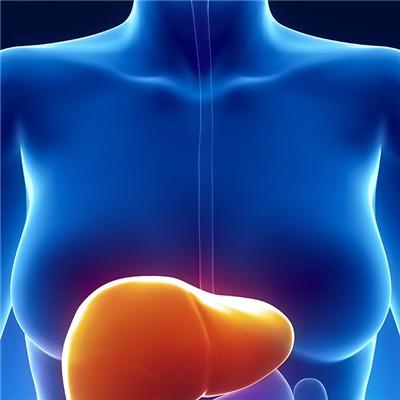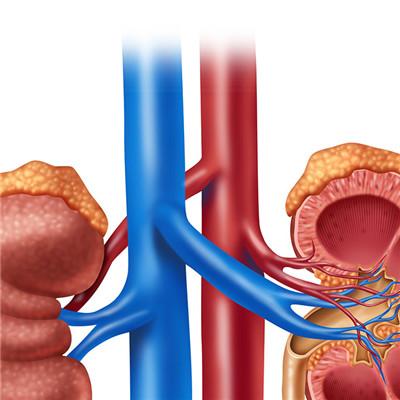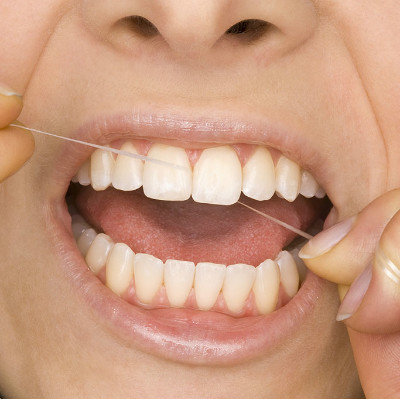How does bile reflux gastritis return a responsibility?
summary
Bile reflux gastritis is also called alkaline reflux gastritis, so the patient's diet should be reasonable. Do not overeat, bile reflux gastritis is due to bile from the gallbladder into the duodenum and other intestinal fluid mixed, through the pylorus, reflux to the stomach, stimulate gastric mucosa, resulting in inflammatory lesions. What about bile reflux gastritis? Let's go.
How does bile reflux gastritis return a responsibility?
The first is the mechanism of duodenogastric reflux. Duodenogastric reflux is a physiological phenomenon, but excessive occurrence will cause damage to gastric mucosa. When the duodenum appears reverse peristalsis and the pylorus is open, duodenogastric reflux occurs. Sometimes the duodenum counter peristalsis is very strong, if there is a strong contraction of the gastric antrum. It can also prevent the occurrence of duodenogastric reflux. Pathological duodenogastric reflux can be caused by any factor that causes gastrointestinal motility disorder and anatomical abnormality.
Second: duodenogastric reflux is the main component of duodenal reflux, which can damage the mucosal barrier. In acidic environment, juice acid can enhance the invasiveness of gastric mucosa. Its interaction with digestive enzymes and other components can lead to changes in mucosal cells and tissue structure, weaken various protective mechanisms of gastric mucosa, and promote the action of other damage factors such as gastric acid and Helicobacter pylori.
Third: Helicobacter pylori infection Helicobacter pylori infection causes gastric mucosal inflammation. Bile reflux gastritis can coexist with HP infection. Both HP infection and bile reflux are related to mucosal damage, which may affect gastric and duodenal motility and cause bile reflux by increasing gastrin release.
matters needing attention
Other reasons: for example, primary pyloric sphincter dysfunction can prolong the opening time of pylorus, relax pylorus or keep pylorus open, and make duodenal contents flow back into the stomach, causing duodenal reflux; For example, abnormal levels of gastrointestinal neuropeptides and hormones can lead to gastrointestinal motility disorder, and then lead to duodenogastric reflux.
